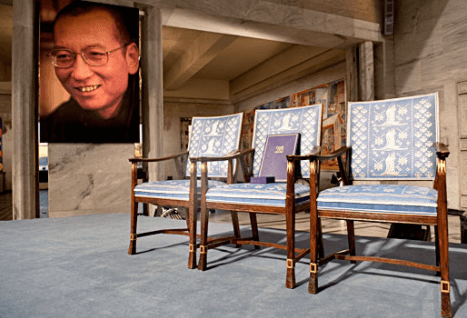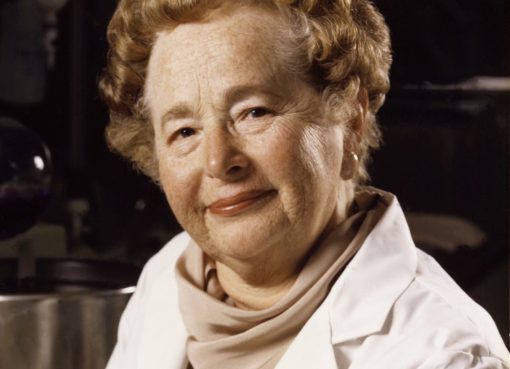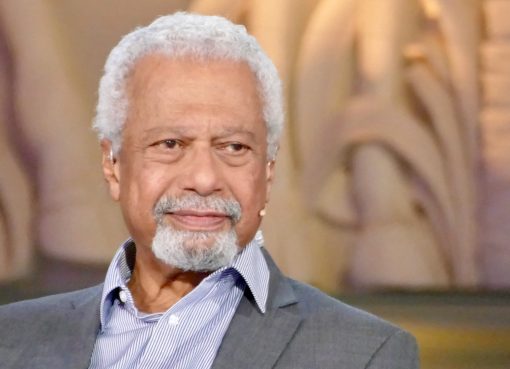Friends, the story that I am sharing in this issue is from the life of an atom bomb survivor at Hiroshima in Japan, who spent rest of her life working for making the world free from nuclear weapons and other weapons of mass destruction (WMD). She worked under the banner of an international organization called International Campaign to Abolish Nuclear weapons (ICAN), and was awarded with Nobel Peace Prize in the year 2017.
Her name was Setsuko Thurlow. She was born in Hiroshima in the year 1932 as Setsuko Nakamura. She was the youngest of seven siblings. After primary education, she joined a high school in the year 1944. During her high school days, she got selected as an assistant for decoding US military communications. On the day of the explosion, the 6th August 1945, Setsuko was just about 1.8 kilometres away from the place of the explosion. She narrated the gut-wrenching experience of the day and beyond and I quote her below –
“Although it happened in the morning, it was dark, dark as twilight. And as our eyes got used to recognize things, those dark moving objects happened to be human beings. It was like a procession of ghosts. I say “ghosts” because they simply did not look like human beings. Their hair was rising upwards, and they were covered with blood and dirt, and they were burned and blackened and swollen. Their skin and flesh were hanging, and parts of the bodies were missing. Some were carrying their own eyeballs. And they collapsed onto the ground. Their stomach burst open, and intestines start stretching out. […] we learned how to step over the dead bodies and escaped. By the time we got to the hillside, at the foot of the hill was a huge army training ground about the size of two football fields […]. The place was packed with dead bodies and dying people, injured people. And people were just begging in whisper. Nobody was shouting in strong voice, just a whisper: “Water please. Water please.” That’s all the physical and psychological strength left. They just whispered. We wanted to be of help to them, but we had no bucket and no cups to carry the water. […] So we went to the nearby stream, washed off our dirt and the blood, and tore off our blouses, soaked them in the water, and dashed back to the dying people. We put the wet cloth over their mouth, and who desperately sucked in the moisture. […] That’s how most of the people died.” [source Wikipedia accessed on 08-09-2023].
Setsuko lost eight members of her family but was lucky to survive the explosion with both of her parents. Radiation, as the after effect of the explosion, continued for years; she did not have hairs and had nausea and gum bleeding till several months of the explosion. Setsuko lost her father due to radiation related sickness in the year 1954. During this time, she was an undergraduate student of English literature at Hiroshima Jogakuin University and got a fellowship to complete part of her undergraduate studies in the United States.
She migrated to the US in the year 1954 and later obtained a Master of Social Works from the University of Toronto. Since her student days in the United States, Setsuko started activism against weapons of mass destruction and criticised the US military for Hiroshima and Nagasaki. This made her unpopular among the students in the university and also received threats to the point of avoiding classes and was forced to live in the house of one of the professors. None could deter Setsuko’s determination to make anti-nuclear weapon activism as the goal of her life. Setsuko was involved with several international organizations including the Unted Nations and worked for de-weaponization throughout the globe for many years.
In the year 2007, International Campaign to Abolish Nuclear weapons (ICAN) was launched in Canada. Setsuko took Canadian Citizenship and was a part of ICAN till her death in the year 2011. A decade after its birth, ICAN received the Nobel Peace Prize in the year 2017 for its commendable efforts towards global peace.




